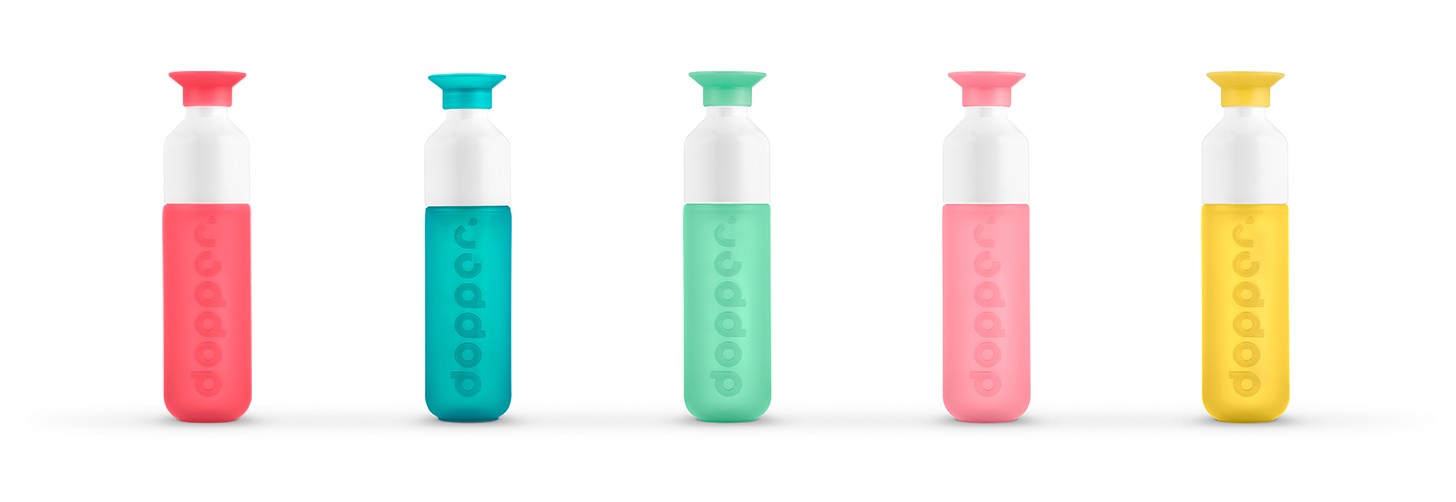If you’ve ever attempted a waste reduction challenge such as Plastic-free July or Zero-Waste, you’ve most definitely encountered countless blog posts, infographics, and even celebrities telling you to buy some new products.
These tell you that to reduce your carbon footprint, you surely need a new reusable water bottle, a stainless steel razor, non-plastic straws, recycled toilet paper, reusable period products, maybe a full wardrobe update, possibly a new partner, a new house, a career change, different outlook into your spending habits, move into a different planet…
Some of these make more sense than the others, and some of them have a more positive impact when it comes to doing good for the planet and its inhabitants. Can you guess which ones are the most sensible, effective lifestyle switches?
Before we dive in, and before some of you get very angry at me, the numbers I mention here are mostly anecdotal. They are based on research but also on assumptions. Such as assuming an average person drinks two litres of water every day, thus buys two litres worth of plastic bottles.
So, while the numbers don’t hold a scientific prowess, I believe they provide a good perspective to look at our consumption habits and our impact on the planet.
Here are three examples of lifestyle changes, and my take on their effectiveness
1. Reusable water bottle
The first thing you’re told to get when attempting to reduce waste is a reusable water bottle. These come in all shapes, sizes and price points. But how do they compare with the old single-use when it comes to carbon footprint?
How much water a person needs a day differs depending on factors such as age, height, weight, etc. For this, let’s take the popular two litres a day as the basis for calculation.
An average one-litre bottle is 70 cents (in the Netherlands), thus if you were to drink the two litres per day, your yearly water expenditure would be over 400 euros. A mid-price reusable water bottle is around 12 euros, so what are you going to do with all that money you save by carrying around your own bottle?
2) Stainless steel razor, non-plastic straws, recycled toilet paper
These are more “luxury” switches compared to the reusable water bottle. Recycled toilet paper, for example, is more than double the price of the regular. And there isn’t enough evidence to argue that using recycled toilet paper would have a significant impact on climate change. Same goes for a stainless steel razor. Do we know enough about the impact of doing the switch that would justify its steep price?
So it’s a good idea to think whether the switch is “worth it.” Is the impact big enough the justify the price? Are we buying these product to feel better about ourselves?
3) Different outlook into one’s spending habits
If you’re already considering a plastic and/or waste-free lifestyle it’s safe to say you care about the environment. When we are faced with large, scary numbers — 500 million plastic straws a day — or heartbreaking videos of animals suffering because of plastic waste, wanting to do something about it is a natural response.
When the urge to do something hits, many people go the plastic-free way. The current hype around this lifestyle switch makes it easy to find information, and the plethora of companies selling sustainable lifestyle products make it easy to purchase all kinds of things.
But is buying more stuff actually impactful, or even sustainable? Is it just another way of feeling good about ourselves?
There is nothing wrong about wanting to feel better about oneself and doing good is the best way to go about it, but the money that would otherwise be spent on these kinds of sustainable goods can be much more useful if we took a different approach.
There’s no research on the impact one can make in the long run by switching to a stainless-steel razor, but you can take the 75E you would spend on that razor and spend it in a way that will have an effect on an urgent issue. How? By donating the money to an organisation that’s working towards a cause you care about.
Yes, you’re doing a good deed by using a reusable water bottle, but how about taking those 300 something Euros you save from not purchasing single-use bottles and donating it to an impactful cause?
I think it's safe to say plastic-free living is a choice for the privileged. So why not use our privilege to support a good cause? Here are some organisations you can donate to that are working hard towards cleaning up our oceans:
- Blue Ventures is an organisation that is working towards catalysing and sustaining locally led marine conservation.
- Plastic soup is one of the leading advocacy groups to tackle plastic pollution
- Conservation International is working to build a healthier, more prosperous and more productive planet through science, policy and partnerships with countries, communities and companies.
- The Ocean Foundation supports, strengthens, and promotes organizations dedicated to reversing the trend of destruction of ocean environments around the world.






